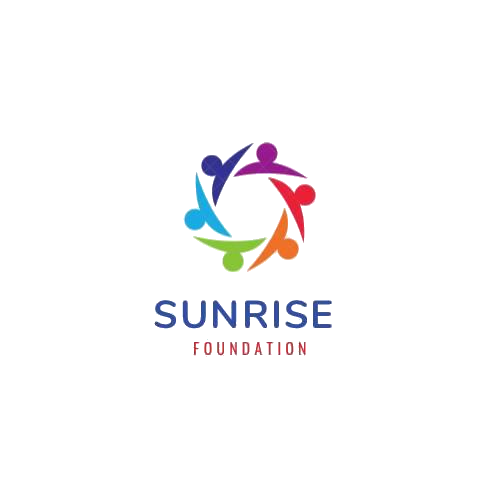Early childhood education and care
March 24, 2022 at 2:27 pm,
No comments

Early childhood education and care is a human right from birth. According to the United Nations Convention on the Rights of the Child, all children have the right to develop their full potential in all circumstances and at all times, anywhere in the world.
The notion of childhood should not be fragmented, but rather act within a human rights approach and recognize that children are subjects of rights from birth. Recognizing that education is a human right from birth implies recognizing that its enjoyment has value in itself and should be given because of the human condition of children.
The Convention on the Rights of the Child also establishes that States should act in the best interests of the child, so that the main objective of education is the development of the child's personality, natural gifts and abilities, in recognition of the fact that each child has unique characteristics, interests and abilities, as well as unique learning needs.
Several scientific studies have proven that the most important elements in the well-being, health and productivity of children, adolescents and adults take shape during the first years of life. An optimal environment favors brain development, while an adverse environment hinders it in the short term but also, and even more seriously, in the long term.
That is why, in the first years of life, parents and close family members and/or caregivers are the best providers of loving and sensitive care. The bond that is generated with children is expressed through speech, eye contact, smiles, vocalizations and gestures.
It is vital to emphasize that early childhood care is normally provided by a wide variety of recipients; mom, dad, grandparents, babysitters and even daycare centers, and it is important to attend to the needs of children with developmental difficulties and/or problems, as well as to prevent child abuse.
